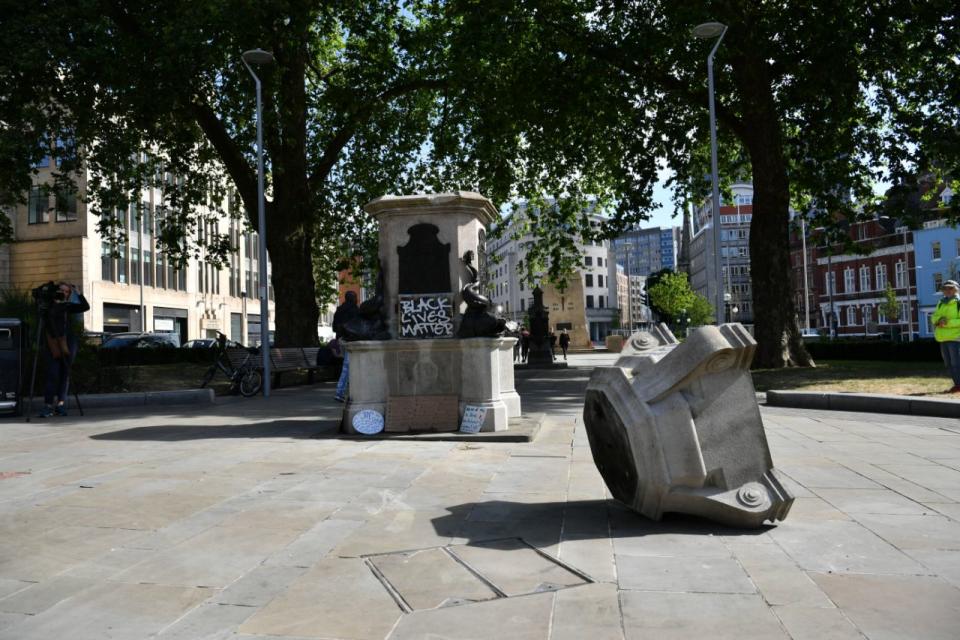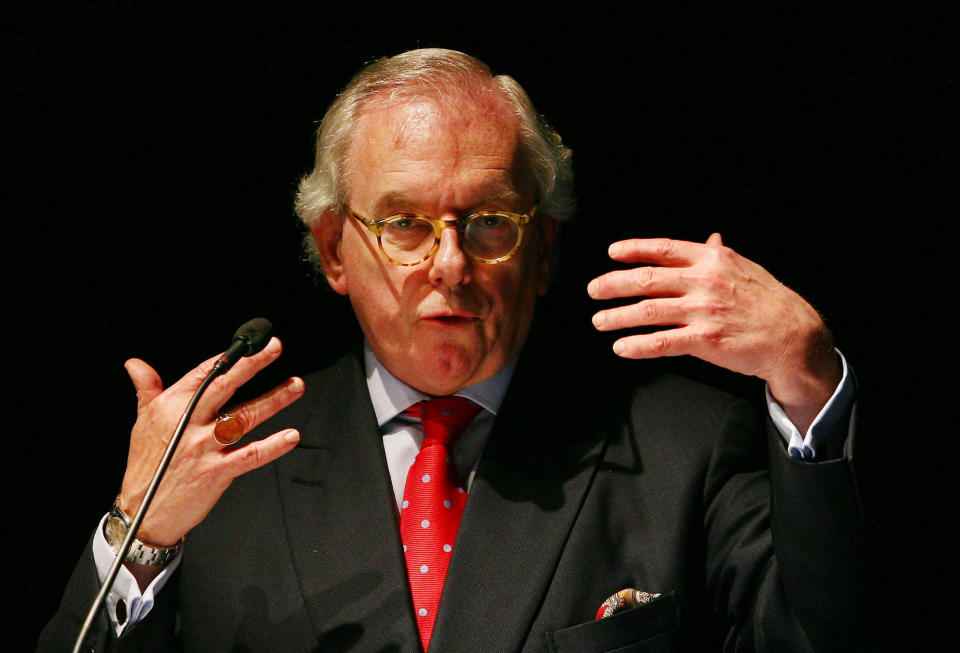British historian's 'racist' and 'appalling' comments on slavery widely condemned

British historian and broadcaster David Starkey has been accused of airing racist views on race following comments in which he referred to “damn blacks” and said “slavery wasn’t genocide”.
A well-known presenter and academic, Starkey has in the past fronted Channel 4 shows such as “Monarchy” and “The Churchills” and appeared on the BBC.
Speaking on an online show hosted by pro-Brexit commentator Darren Grimes, Starkey said slavery wasn’t as bad as genocide because “otherwise there wouldn't be so many damn blacks in Africa or in Britain”.
He added: "Black Lives Matter are wholly and entirely a product of white colonisation... you would die in seconds if you were dumped back in black Africa."
Conservative MP Sajid Javid has led the criticism, calling Starkey’s comments “appalling”.
It comes following global protests for racial equality, which were sparked by the death of unarmed black man George Floyd at the hands of US police in May.
Javid tweeted: “We are the most successful multi-racial democracy in the world and have much to be proud of.
We are the most successful multi-racial democracy in the world and have much to be proud of. But David Starkey's racist comments ("so many damn blacks") are a reminder of the appalling views that still exist.
— Sajid Javid (@sajidjavid) July 2, 2020
“But David Starkey's racist comments ("so many damn blacks") are a reminder of the appalling views that still exist.”
The historian studied at Fitzwilliam College at Cambridge University.
Nicholas Guyatt, who teaches American History at the university, said: “Can't speak for my employer but as someone who teaches history at Cambridge I'm ashamed of our connections with David Starkey and urge both the University and Fitzwilliam College to cut all ties with him”
Author and historian Greg Jenner also said: “Please know that David Starkey doesn’t speak for historians.”
In a statement, Starkey’s former college, of which he has an Honorary Fellowship, said: “Fitzwilliam College does not tolerate racism. We support and promote freedom of speech in our academic community, but we have zero tolerance of racism. Dr David Starkey’s recent comments on slavery are indefensible.

“Fitzwilliam was founded upon values of fairness and mutual respect and we are proud of the College’s inclusive and diverse membership.
“The matter of Dr Starkey’s Honorary Fellowship will be considered by the Governing Body at its meeting next Wednesday.”
Following the Black Lives Matter protests across the UK, a wider discussion about Britain’s colonial history has emerged.
A statue of 17th-century slave trader Edward Colston was ripped from its plinth and thrown into Bristol harbour during a Black Lives Matter demonstration last month.
A number of other monuments have been targeted, including a statue of Winston Churchill, near parliament, which was graffitied to say he was a racist.

During the interview, Starkey also addressed the link between slavery and the colonial British empire.
He said: "There's no point in arguing against globalisation or Western civilisation – they are all products of it. We are all products of it.
"The honest teaching of the British empire is to say, quite simply, it was the first key stage of world globalisation. It was probably the most important moment in human history and it is still with us.
“Its consequences are still (felt) and generally speaking in most ways actually fruitful."
He continued: "The idea that slavery is this kind of terrible disease that dare not speak its name - it only dare not speak its name because we settled it nearly 200 years ago."

 Yahoo News
Yahoo News 
